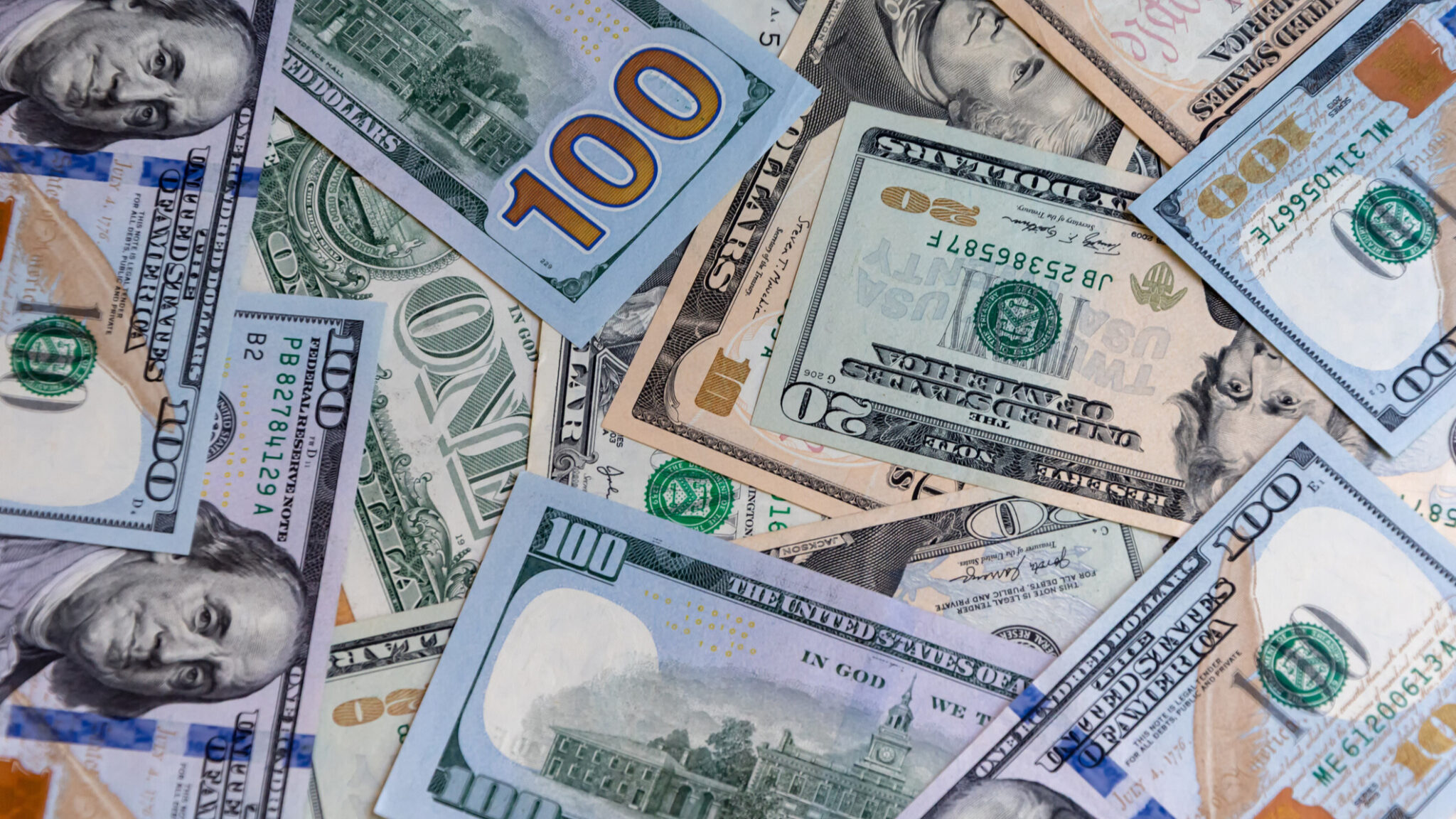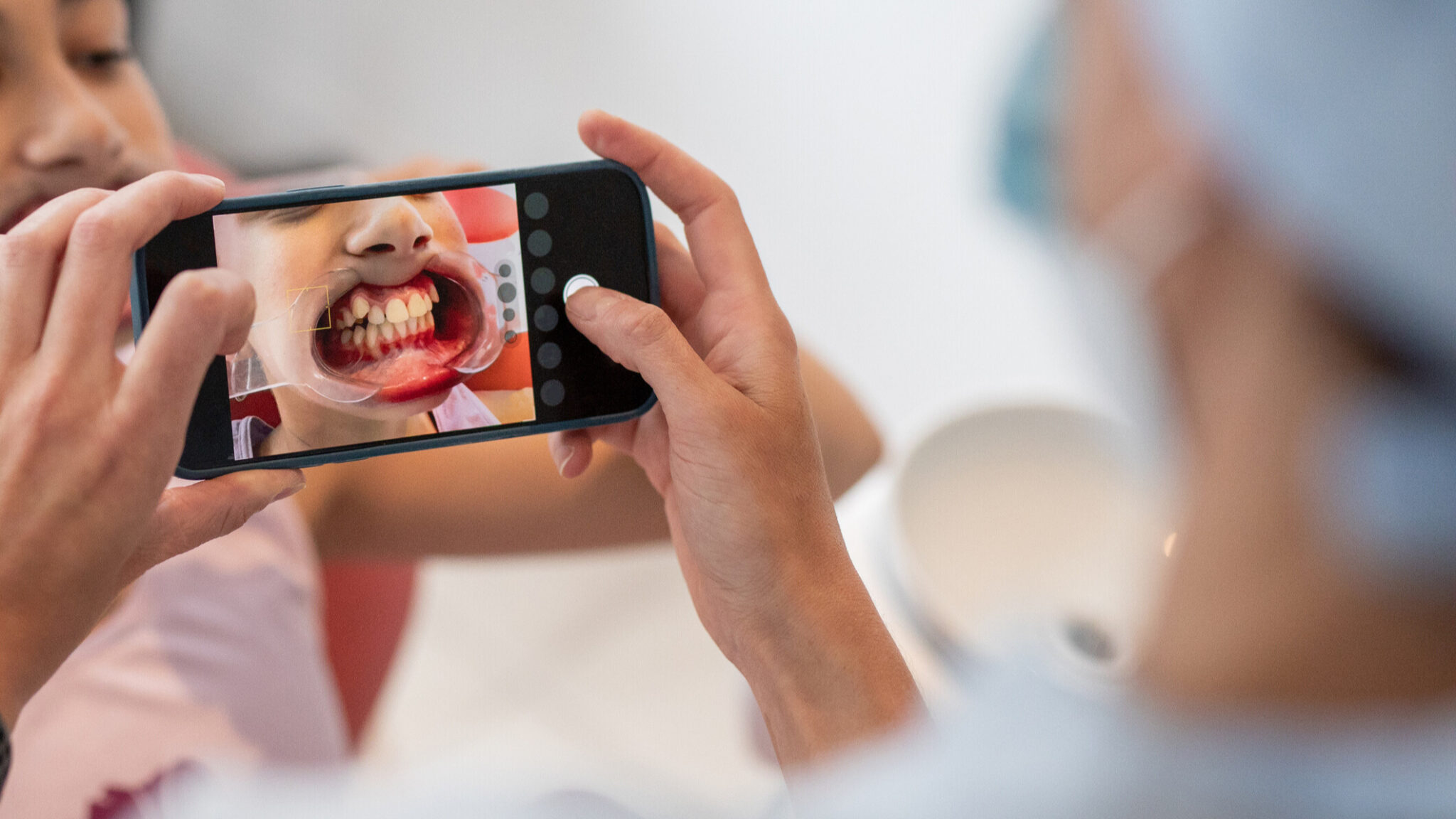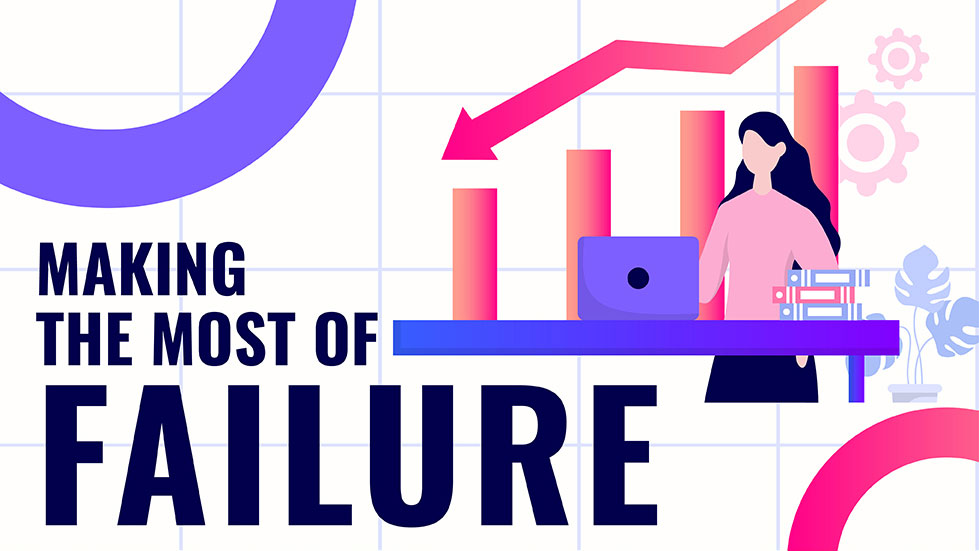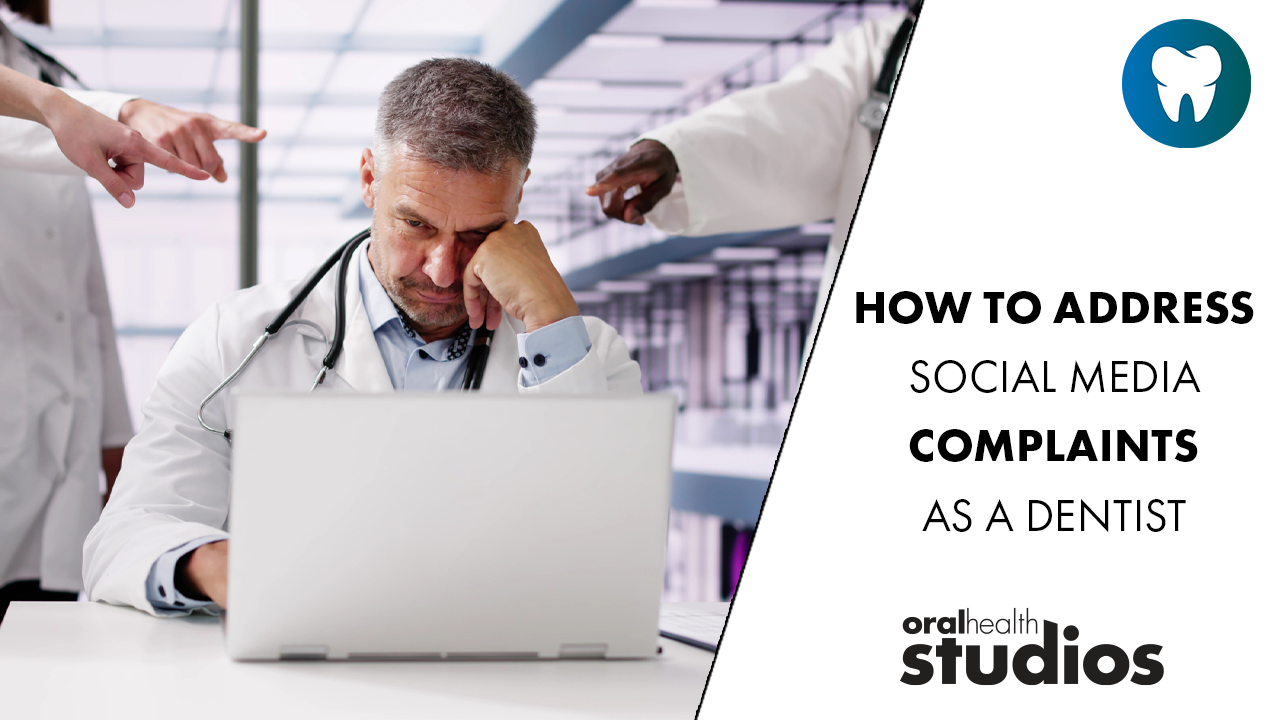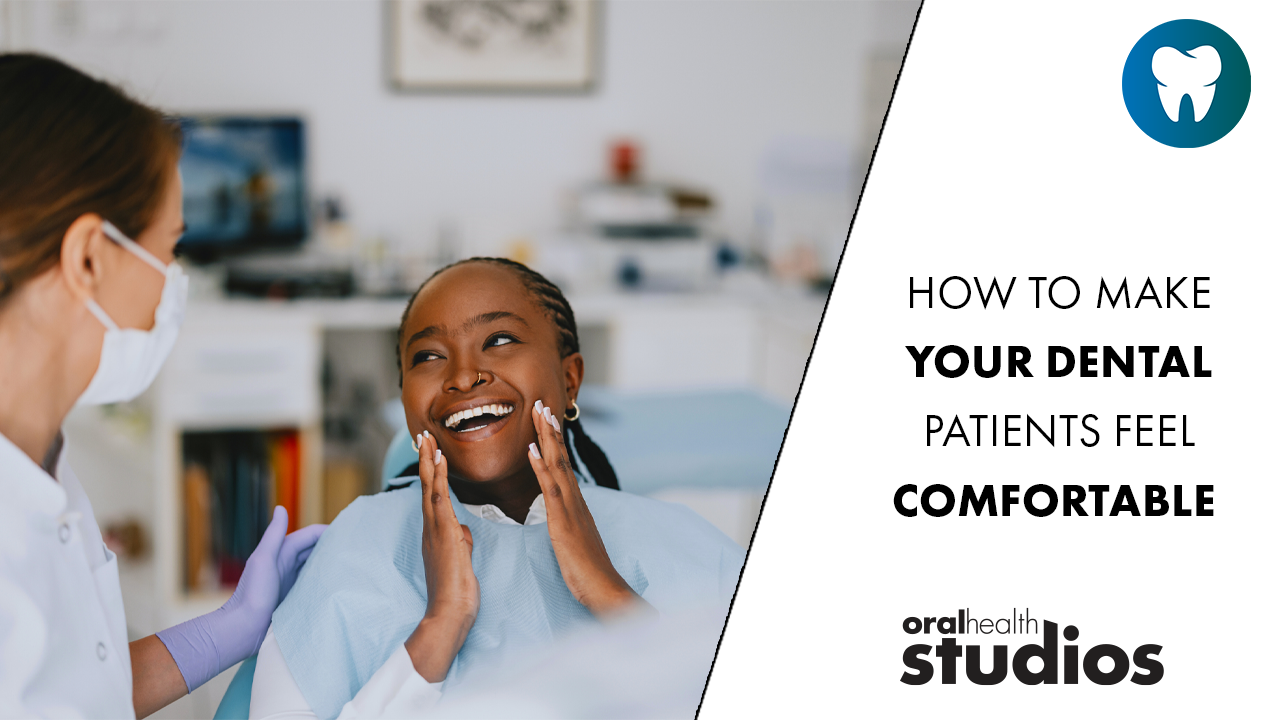
A new peer-reviewed study has found that dental students who practised Neurosculpting Meditation before clinical tasks demonstrated significantly greater precision in cavity preparation procedures.
Published in the Cureus Journal of Medical Science, the study was conducted by the Neurosculpting Institute, a Denver-based organization focused on meditation and neuroplasticity education.
The study involved all 40 second-year students in a Bachelor of Dental Surgery (BDS) program. Participants were randomly assigned to two groups of 20. The experimental group received standard pre-clinical training along with 15-minute Neurosculpting exercises three times daily for eight weeks. The control group received only the standard training.
Researchers assessed students’ class one cavity preparations before and after the intervention, scoring them on outline form, depth, undercuts, and pulpal floor orientation. Statistical analysis using the Mann-Whitney U and Wilcoxon signed-rank tests revealed no significant differences between the groups at baseline. However, after eight weeks, the experimental group showed statistically significant improvements across all measures.
For example, the experimental group’s mean score for cavity outline improved from 5.36 to 6.22, while undercut scores rose from 5.14 to 6.67. These results suggest that the Neurosculpting intervention enhanced students’ fine motor skills and psychomotor performance in complex clinical tasks.
“We’ve always believed in the power of mental rehearsal and neural retraining,” said Lisa Wimberger, founder of the Neurosculpting Institute. “This study is an exciting confirmation that our specific contemplative practices and neuroplasticity exercises can translate into practical, real-world performance—even in technical fields like dentistry.”
The findings build on earlier research published in the Journal of Yoga, Physical Therapy and Rehabilitation, which found that Neurosculpting meditations helped reduce stress and anxiety while improving sleep quality in undergraduate students over a six-week period.
Researchers concluded that Neurosculpting exercises could be a valuable addition to dental education, supporting both technical skill development and student well-being.

